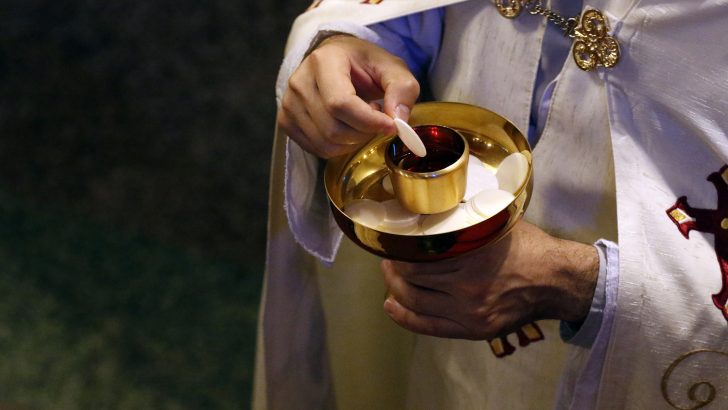The Council of Priests of the Dublin Diocese has recommended a bold move that – if adopted – will see sacramental preparation move from the schools to a parish-based programme.
This is how Catholic children are prepared for First Confession and First Holy Communion in most other parts of the world. The historic dominance of Catholicism in Irish culture has meant that it has gone hand-in-hand between parishes, families and schools.
That made perfect sense when the culture was homogeneously Catholic and most people shared a common set of values and worldview. In the past, one could be relatively well assured that Catholicism in Ireland could be picked up by osmosis. The reference points were the same and, even if parents were not strong believers, the community would carry one through.
That hasn’t been the case for quite some time now and priests and parish councils have been grappling with questions around sacramental preparation for years.
Default
We often look to the model in the US where the parish is at the centre of things precisely because many Catholic children do not attend Catholic schools. That is not the case here, and the Catholic sector remains strong. But, the Catholic school is not what it once was. Many teachers find themselves teaching there by default. Even if they share the Faith, they often feel inadequate to so do even though they try their best.
Teachers who are committed to sacramental preparation are often met with parents who are enthusiastic to be part of the ‘big day’ but haven’t felt inclined to teach their child basic prayers.
If Faith – however fragile – is important they must be met with open arms”
The Church needs to find a balance in the approach. The sacraments are not rewards for the best boys and girls in their classes or the ones who can recite the most prayers. They come to help us in the midst of our weakness, helplessness, doubt and fragility of faith. This is as true for parents as it is for children.
The model we need to find is one where parents sincere desire to have their child raised in the Faith is met with generosity rather than a litmus test of religiosity.
At the same time, they must be brought to a place where they understand that what they are asking of the Christian community in the sacraments requires a ‘buy in’ and they should want their child to be part of a family of Faith.
Asking people to pause to reflect on why they want their children raised in the Faith and why being part of the Christian community is important can only be a good thing.
It’s not about being stingy with the sacraments – it’s about asking people to be grown up about the decision they have made for their children. If Faith – however fragile – is important they must be met with open arms. But, if people have in reality decided that Faith is not part of their lives, they must seriously engage with the paradox of wanting to pass something on that has no value to them.
They must be brought to a place where they understand that what they are asking of the Christian community”
No one wants to build a Church that is only for the pure few, but, at the same time, I think most priests and parishioners would welcome fewer children presenting for the sacraments if the trade-off was families who take Faith seriously.


 Michael Kelly
Michael Kelly
